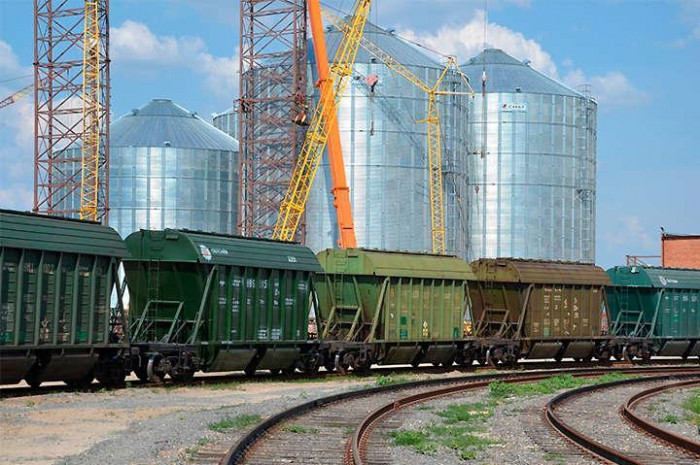
Lithuania is ready to help Ukraine export up to 1 million tons of grain by rail
Lithuania can help Ukraine export up to 1 million tons of grain by rail, as Poland has temporarily banned the import of grain from Ukraine, the country's Minister of Economy and Innovation Aushrine Armonaite said after a meeting with Poland's Minister of Economic Development and Technology Waldemar Buda.
The Port of Klaipeda and Lietuvos geležinkeliai can help solve the current situation and facilitate the export of grain outside the European Union.
"Lithuania can help export up to 1 million tons of grain safely by rail from Ukraine. This would be a real solution for Ukraine and help for Poland," Armonaite said.
The President of the Association of Lithuanian Sea Freight Companies, Vaidotas Šilejka, said that the capacity of grain transshipment in the port of Klaipėda is more than 1 million tons per year, but logistics is quite difficult.
It is noted that in May last year Lietuvos Geležinkeliai began transporting small batches of Ukrainian grain through Poland to the port of Klaipėda. The problem lies in the different railway tracks, due to which the rolling stock of trains has to be changed at the border.
Logistics experts have estimated that only about 1 million tons of Ukrainian grain can be transported through Lithuania per year, as the country's logistics chain, primarily the railways, is not ready to transport a larger amount of it.
We will remind that the government of Slovakia has decided to temporarily stop the import of grain and other agricultural products from Ukraine. The other day, two other countries introduced the same ban - on April 15, the Polish government introduced a ban on the import of agricultural products from Ukraine until June 30. And on April 16, Hungary introduced a temporary ban on the import of agricultural products from Ukraine, including grain and oil crops.




